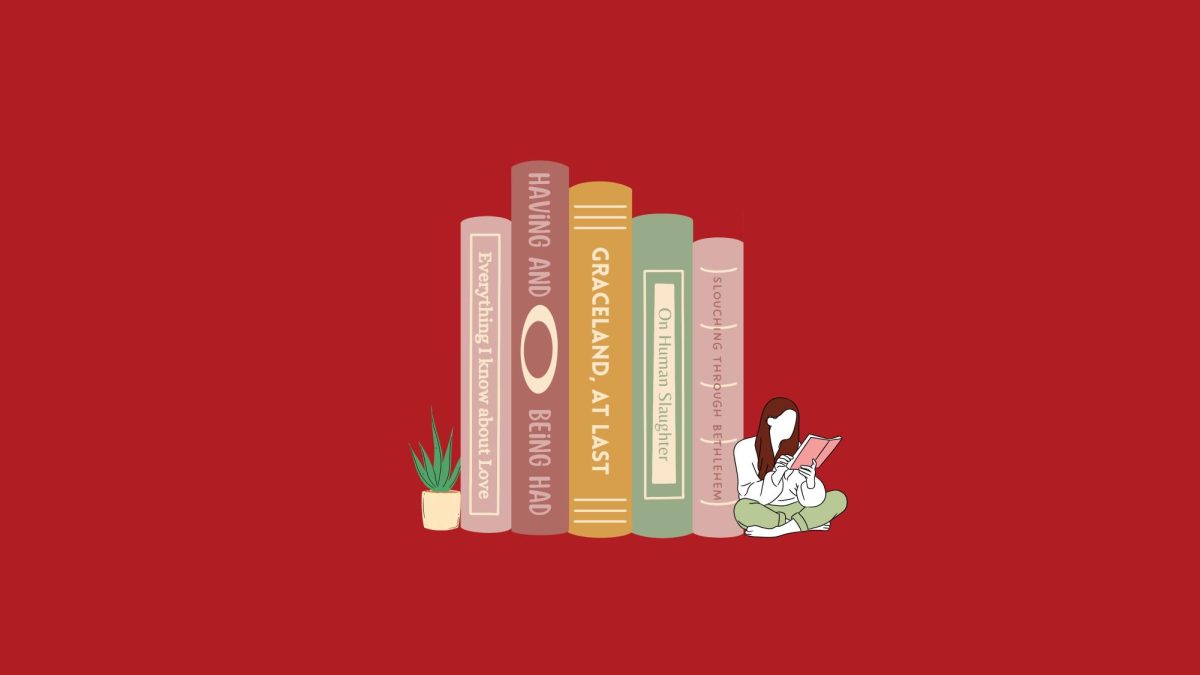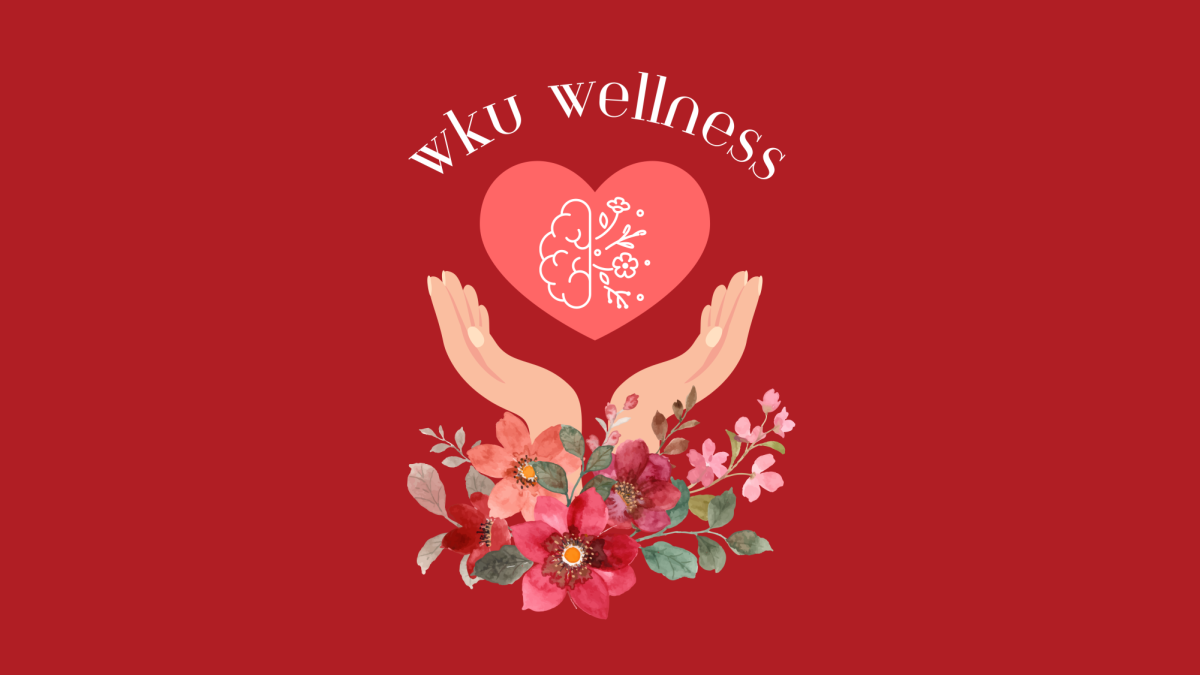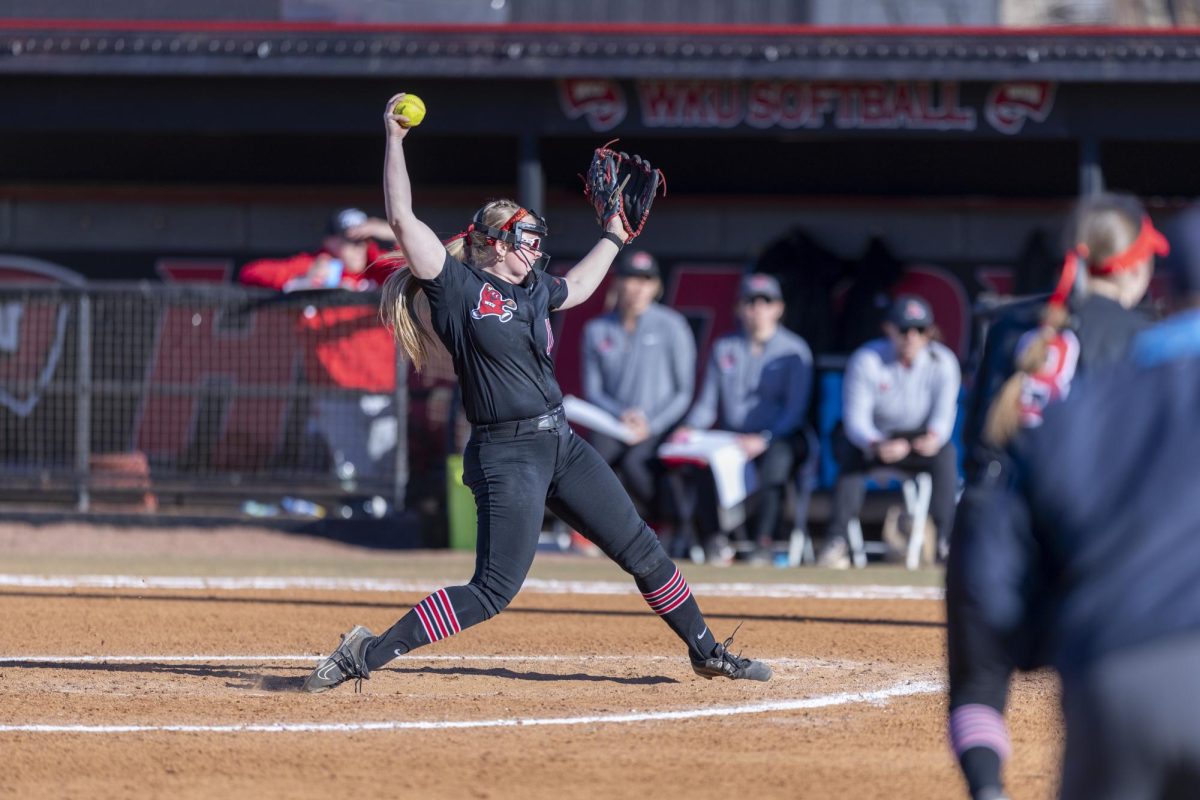If reading more is one of your New Year’s Resolutions, here are a few book recommendations to kick off your year.
According to a Gallup poll published in 2022, in 2021 Americans read approximately 12 books a year, amounting to only one book each month. That number is the lowest it’s been since Gallup began tracking Americans’ reading habits back in 1990. In 1990, Americans read 18.5 books on average, but by 2016, that number was 15.6 books.
1. “Everything I Know about Love” by Dolly Atherton
“Everything I Know about Love” by Dolly Atherton is a memoir following Dolly through her twenties as she navigates love and friendship. Atherton reminds us of the importance of all kinds of love, especially when mainstream media and our culture creates this pressure to find “the one.”
In an interaction with Atherton’s best friend, she provides the perfect glimpse into the book.
“You’re too hard on yourself,’ she said. ‘You can do long-term love. You’ve done it better than anyone I know.’
‘How? My longest relationship was two years and that was over when I was twenty-four.’
‘I’m talking about you and me,’ she said.”
It is a reassuring and hopeful memoir about how people are blessed with an abundance of love in ways that some may not even notice.
2. “Having and Being Had” by Eula Biss
In “Having and Being Had” by Eula Biss, she analyzes her own understanding of wealth and capitalism. Biss herself grew up on a low income, but now she teaches and writes for a living. She juggles numerous topics as they relate to capitalism such as race, socioeconomic status, education. Biss analyzes her own privilege as a white-passing woman.
“I have passed through several classes in my adult life, including the precariat. But I don’t believe that to be true. I have always remained, more or less, in the class into which I was born.”
Approximately, 70% of Americans are stressed about their personal finances in 2023 and over half — 52% — of U.S. adults said their financial stress has increased since before the pandemic began in March 2020, according to a CNBC Your Money Financial Confidence Survey conducted early 2023. In a time where people are significantly more stressed about money, the concept of being a homeowner is a pipe dream for many and inflation influencing the cost of everything, Biss’ writing about capitalism has never been more relevant.
3. “Graceland, At Last: Notes on Hope and Heartbreak from the American South” by Margert Renkl
Margret Renkl is a writer and columnist for the New York Times, known for her writing about the South and its connection to various topics like politics, the environment and arts and culture. If you are from the South or someone who is interested in reading a collection of columns and essays about the significance of the South, Margret Renkl’s “Graceland, At Last.”
“To love a person is always to love in spite of the faults that intimacy reveals, and so it is with a place.”
As someone who was born and raised in Kentucky, there have been points where my care and desire for the state have dwindled, but Renkl reassures her readers of the rich culture and identity of the American South.
4. “On Human Slaughter” by Elizabeth Brunic
“On Human Slaughter” is a book of essays done by Elizabeth Brunic on her anti-death penalty stance. Brunic, who regularly reports on the hot topic, writes about her experiences attending the deaths of felons and the different complications that can occur in lethal injection. Specifically focusing on the significance of botched executions, Brunic uses research and empathy to tell a truly harrowing story of the death penalty in America.
Brunic is one of the nine Atlantic staff writers who have compiled an essay collection to be published in an “Atlantic Edition.” “On Human Slaughter” was published in October 2023.
5. “Slouching Towards Bethlehem” by Joan Didion
“Slouching Towards Bethlehem” is Didon’s first collection of essays, which was published in 1968. The collection primarily focuses on her life in California in the 1960’s. But in one essay titled “Goodbye to All That,” she describes her feelings leaving New York City. I think for most people understanding that change is a constant is burdensome but Didion captures the need to leave but still missing what is left behind beautifully.
“…quite simply, I was in love with New York. I do not mean “love” in any colloquial way, I mean that I was in love with the city, the way you love the first person who ever touches you and you never love anyone quite that way again. I remember walking across Sixty-second Street one twilight that first spring, or the second spring, they were all alike for a while. I was late to meet someone but I stopped at Lexington Avenue and bought a peach and stood on the corner eating it and knew that I had come out of the West and reached the mirage.”
Engagement Editor Debra Murray can be reached at debra.murray940@topper.wku.edu. Follow her on X @debramurrayy.
If you would like to submit a reaction to a piece, Letter to the Editor or other submission, please send it to commentary editor Price Wilborn at herald.opinion@wku.edu or edwin.wilborn835@topper.wku.edu.













